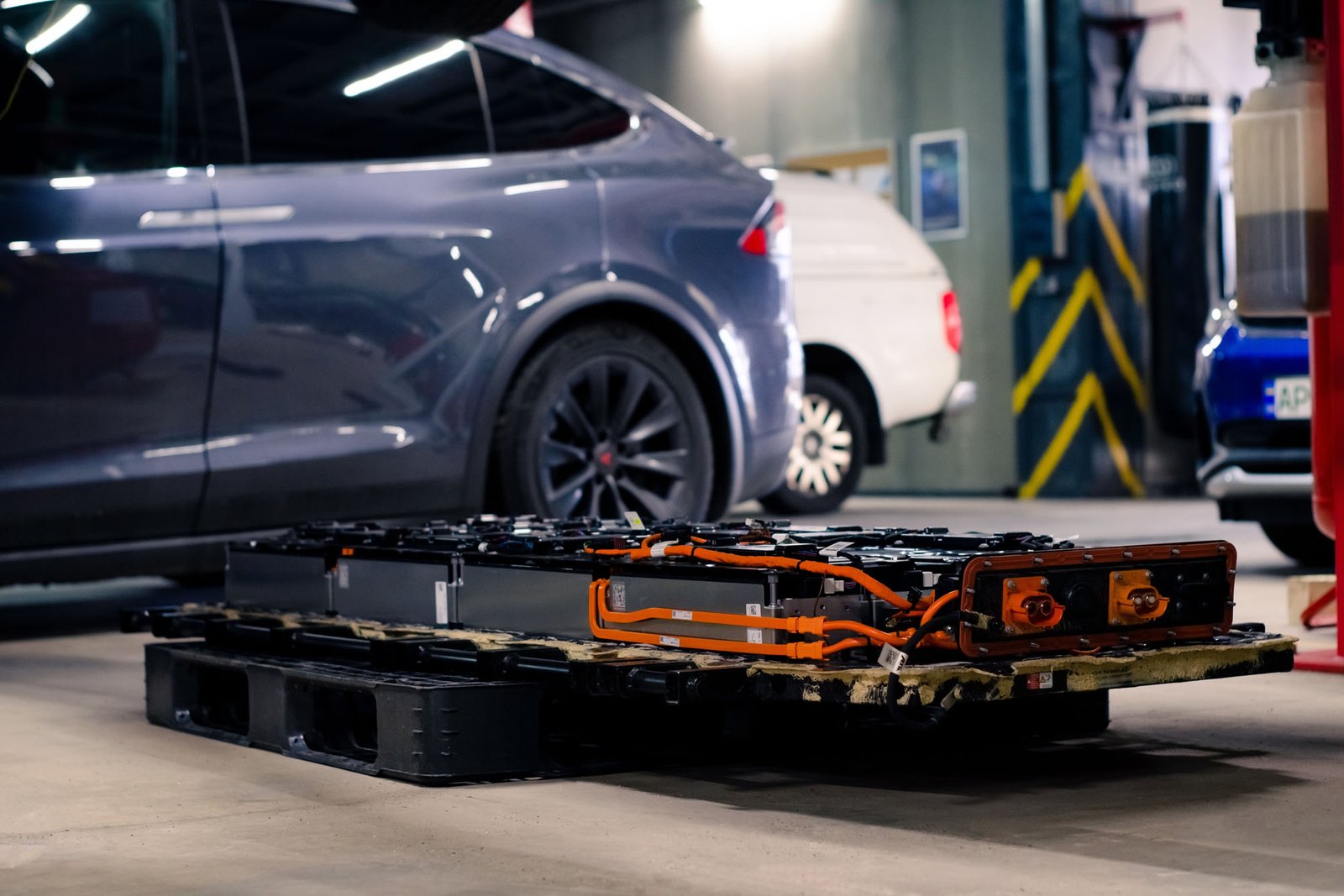The Silent Sinker – The Shortage of Trained EV Technicians
Lawrence Whittaker, CEO of one of Britain’s leading aftermarket warranty companies, Warrantywise, has consistently raised the alarm regarding the lack of trained EV technicians. Citing reports by the Institute of Motor Industry (IMI), Whittaker refers to the scenario as a “sinking ship”, highlighting a threatening skills gap that could undermine the entire EV revolution.

According to IMI data, only 58,800 technicians are qualified to work on electric vehicles, a paltry representation of a mere 24% of the UK automotive workforce. This figure is far from sufficient considering the escalating number of EVs on UK roads, which currently stands at over 1,190,000.
The Geographic Disparity
The issue extends beyond mere numbers. There appears to be a ‘postcode lottery’ in the distribution of trained EV technicians across the UK. While London and the South East boast a higher proportion of EVs, the regions do not match this with a proportionate number of EV-certified technicians. This geographical disparity calls for a comprehensive nationwide strategy to ensure the even distribution of these critical skills.
The Implications of the Skills Shortage
Lagging behind in training EV technicians implies delayed repairs, safety risks, and potentially higher repair costs. The growing disconnect between high demand and limited supply of these skills may increase the cost and duration of repair services for EVs compared to their petrol or diesel counterparts.

The Potential Staller of EV Adoption
Warrantywise, like many other entities, provides warranty cover for all used vehicles, whether EV, hybrid, petrol, or diesel. However, should the shortage of TechSafe EV technicians persist, potential customers might be deterred from adopting electric vehicles, leading to a slowdown in new EV purchases post the 2030 UK Internal Combustion Engine (ICE) ban.
Beneath the surface of the electric vehicle revolution lies an unseen iceberg – a critical shortage of skilled EV technicians. Addressing this requires a concerted effort from educational institutions, automotive companies, governments, and other stakeholders. Investing in the human capital that can service and maintain these vehicles is as crucial as infrastructure development. By taking proactive steps now, we can work towards a robust and sustainable support system that will continue to propel the EV revolution.




